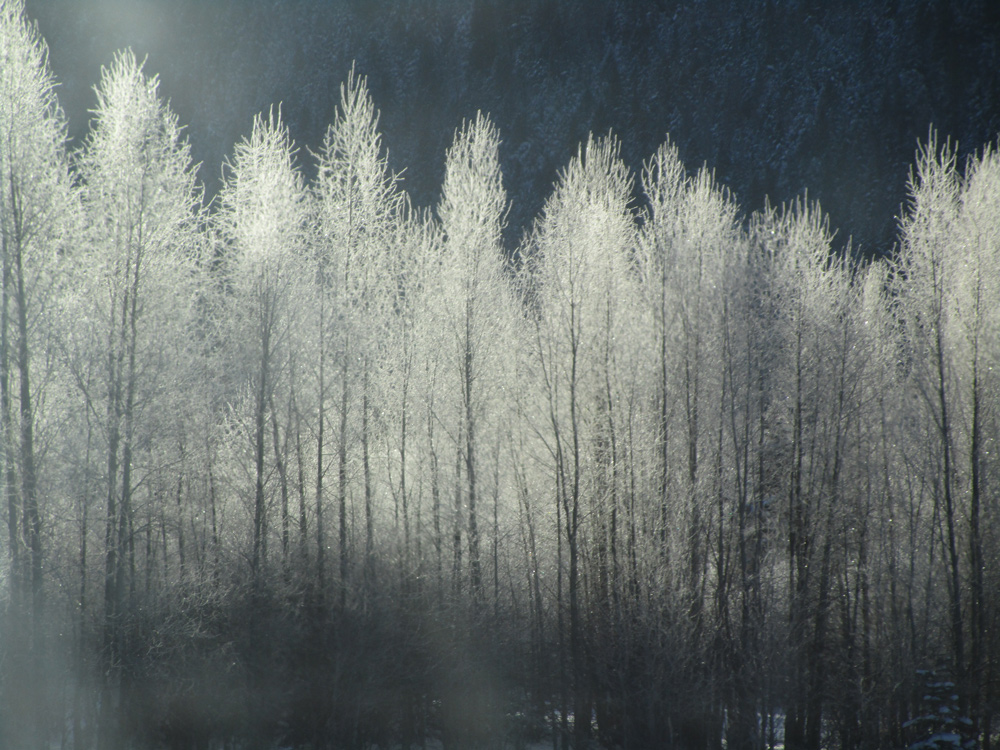One wonderful side effect of a poetic practice: It can lead us toward great compassion, as past US poet laureate Louise Gluck exemplifies in her poem “Witchgrass,” pasted below.
There are so many groups of people that as a society we try to marginalize, weed out, separate ourselves from, and ignore. Old people. Sick people. Crazy people. Homeless people. People of different races. We’d rather not hear their voices. We’d rather pretend that they are not there at all.
Make a list of people or groups of people that you sometimes like to avoid. Now think of something in nature that we fight with—a weed, perhaps, like thistles or knapweed. It could be a bug, such as a cockroach. It could be a rodent, perhaps a rat.
Now, write a poem from the perspective of that natural thing. It could be a defense. It could be an assault. It could be an apology. It could be an invitation.
If you need a first line, how about this one: “Next time you will notice me.”
Witchgrass
– by Louise Gluck
Something
comes into the world unwelcome
calling disorder, disorder—
If you hate me so much
don’t bother to give me
a name: do you need
one more slur
in your language, another
way to blame
one tribe for everything—
as we both know,
if you worship
one god, you only need
one enemy—
I’m not the enemy.
Only a ruse to ignore
what you see happening
right here in this bed,
a little paradigm
of failure. One of your precious flowers
dies here almost every day
and you can’t rest until
you attack the cause, meaning
whatever is left, whatever
happens to be sturdier
than your personal passion—
It was not meant
to last forever in the real world.
But why admit that, when you can go on
doing what you always do,
mourning and laying blame,
always the two together.
I don’t need your praise
to survive. I was here first,
before you were here, before
you ever planted a garden.
And I’ll be here when only the sun and moon
are left, and the sea, and the wide field.
I will constitute the field.

